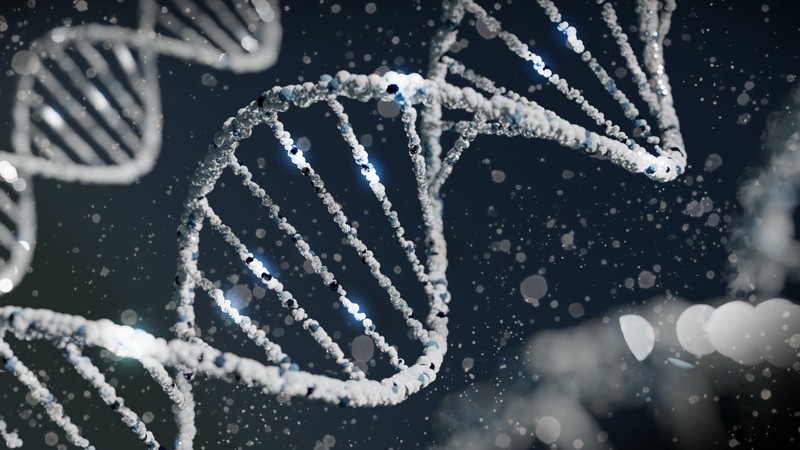While you’re using DNA testing services to explore your neanderthal ancestry, the police are using the same data to solve crimes.
What happened: Toronto detectives have successfully used new genetic investigative techniques to solve two 40-year-old cold case homicides, per The Globe and Mail.
- Investigative genetic genealogy, or IGG, goes beyond DNA databases available to law enforcement to access data on public websites like 23andMe and Ancestry DNA.
- This data is then used to find a match to crime scene DNA, sometimes even by narrowing down identities through family connections found on those databases.
Investigators were able to secure a DNA warrant on the strength of this novel technique to take a blood sample from the accused, ultimately leading to formal charges being laid.
- One of the investigators told The Globe and Mail he believes this is the first Canadian case where IGG has connected one suspect to more than one homicide.
Why it matters: While some cold case breakthroughs have been made possible by the technological advances of at-home DNA testing kits, the large swaths of data collected were originally gained by promising a fun journey of self-discovery through DNA analysis.
- This may not have been the revelations around family connections that consumers were looking for when they rushed off to mail their DNA.
Zoom out: The surge in DNA testing has led to many unintended consequences, like revealing fertility fraud like Donald Cline, from Netflix’s ‘Our Father (who fathered over 50 children through his practice), identifying anonymous sperm donors, or exposing adultery.
